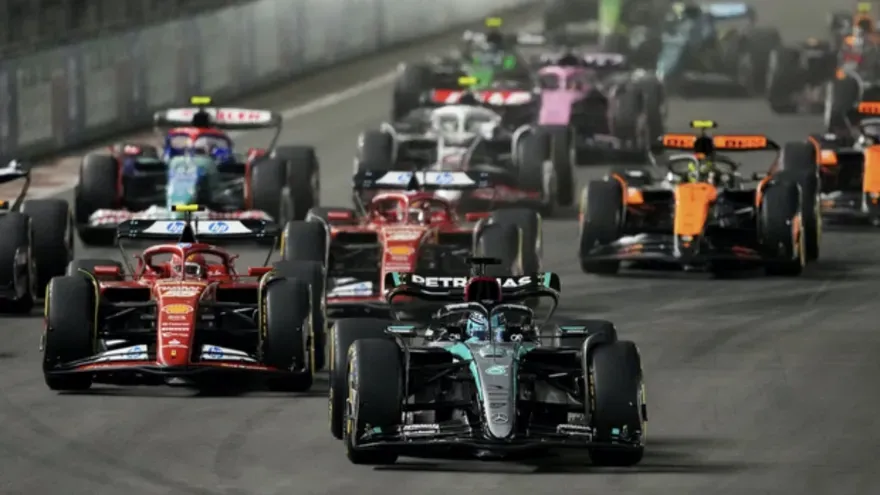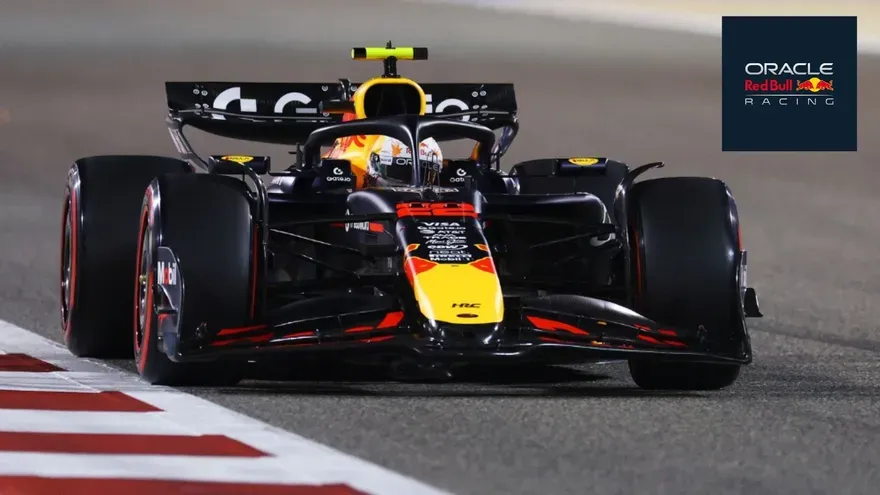Japan is a historical and significant nation to host F1 race as an Asian country. It hosted its first Formula 1 race in 1963, making it one of the oldest-running F1 nations. Moreover, the Honda-owned racing circuit, Suzuka International Racing Course, is known for its escalated and challenging layout that has hosted F1 races for decades. With a mixture of high-speed corners , tight sequences and flowing sections, this track showcase its true potential, that makes it a favourite among drivers. But unfortunately, we have never seen enough Japanese F1 drivers in Formula 1.
The racing scene in Japan is not so overcrowded when compared to the domestic racing series on the European Subcontinent. The Japanese might be more focused on their Super Formula domestic racing series with experienced and talented drivers. These drivers compete in different racing leagues, not necessarily aiming for the F1. With this limited success, there have not been so many F1 drivers in the past. Let us understand the factors that keep them so underrated in the realm of Formula 1, despite having experienced motoring infrastructure.
Factors Reflecting The Lack Of Japanese Drivers In F1
There may be various factors that reflect the lack of Japanese drivers in Formula 1 unlike their success in other motorsport leagues such as MotoGP and WEC. Japan has a rich motorsport heritage, and many racing series take place on the mainland. Some of the few racing series were famous, such as Super GT, Super Formula and All Japan Road Race Rally Cup. These series have created a large fan base and engaged the public with motorsport culture. But few represented the nation in Formula 1.
Rich Racing Heritage That Never Boomed: Japan has more race starts in a Formula 1 Grand Prix than Australia, Canada, and Spain. Despite such immense numbers, no Japanese driver had ever won a race. When compared with the top European countries that have improved their racing legacy through decades, Japan's racing federation boomed later in the 20th century. This made them stagnant in their participation, rather than in Formula 1, but in endurance racing.
Lack of sponsorship for Japanese drivers: While Japan has one of the biggest names in automotive manufacturing for F1 engines, they have not done anything for the racers. This even paved the way for the reason for the lack of sponsorship for Japanese drivers to race in Formula 1. Yes, you heard it right. Japan has the third-largest economy in the world. But when the nation's best driver, Kobayashi, needed to raise money to stay in F1 after the 2012 season, none of automotive manufacturer sponsored him for the next year. Thanks to his fans, that crowd funded his race so that he would race under Caterham for the 2013 season.
Manufacturers Challenged Priorities: Japanese automotive giants like Honda and Toyota have always shown their concern in Formula 1 racing, not as sponsoring their racing drivers but by providing challenging technical aspects as engine suppliers. F1 is a game for constructors to demonstrate their powertrain and precision of driving aids in their vehicles so they can dominate the car market globally. These brands often focus on engineering and technology rather than developing Japanese drivers. Many manufacturers may give priority to technical aspects, such as powertrains, suspension, and gearboxes, rather than the driver's development program.
Success in Other Racing Leagues: Japan has tasted some success in other racing feeder series rather than F1. Many drivers had driven for Honda, but Honda never put the spotlight on their talents. In fact, many of the worst drivers were produced by Honda itself in the past. This influenced young drivers to go for the seat, choosing other leagues like MotoGP and WEC rather than F1.
Some Successful Japanese Drivers In Formula 1 In The Past
Yet, Japan has produced some very successful F1 drivers in the past, but their talents were dethroned by a lack of funds and sponsorship traits. Let us revisit some of the glorified names in the history of Japanese Formula 1 racing heritage.
Drivers | Teams Raced | Seasons | Podium | F1 Career Points | Best Championship Finish |
Satoru Nakajima | Lotus, Larrous | 1987-1991 | 0 | 80 | 11th (1989) |
Aguri Suzuki | Larrous, Footwork | 1988-1995 | 1 | 8 | 6th (1990) |
Takuma Sato | Jordan, BAR, Honda | 2002-2008 | 1 | 111 | 8 th (2004) |
Kamui Kobayashi | Sauber, Toyota, Caterham | 2010-2013 | 0 | 120 | 7th (2012) |
Yuki Tsunodo | Alpha Tauri, VisaCash RB | 2021-Present | 0 | 67 | 11th (2023) |
Yet Kobayashi is still the most successful F1 drivers from Japan but will Yuki exceeds him later this year . What are your thoughts about Yuki Tsunodo tell us in the comments below.















